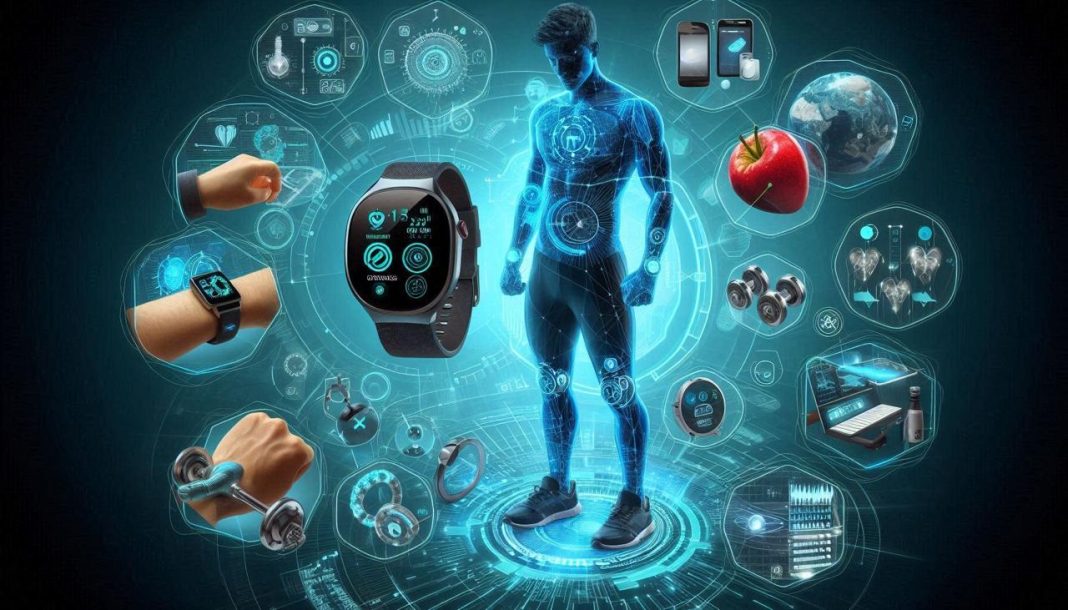Introduction: Wearables in Everyday Life
Wearable technology, once limited to fitness trackers, has evolved into a sophisticated ecosystem that enhances health, productivity, and connectivity. In 2024, wearables are more versatile than ever, integrating seamlessly into daily life.
Innovations in Wearable Tech
The latest generation of wearables combines advanced sensors, AI, and sleek design to offer cutting-edge functionality.
- Smart Glasses: Devices like Meta’s Ray-Ban Stories and Google’s AR glasses enable augmented reality applications, from navigation to real-time language translation.
- Biometric Trackers: Wearables like the Oura Ring and WHOOP strap monitor metrics such as heart rate variability, sleep quality, and stress levels, offering personalized health insights.
- Smart Clothing: Innovations like conductive fabrics integrate sensors directly into garments, providing continuous monitoring for athletes and patients.
Wearables in Healthcare
Wearable tech is transforming healthcare by enabling remote monitoring and early diagnosis.
- Chronic Disease Management: Devices like the Apple Watch can detect irregular heart rhythms, potentially preventing serious health issues.
- Diabetes Monitoring: Non-invasive glucose monitors, currently in development, could revolutionize diabetes care.
- Mental Health: Wearables now track stress levels and provide biofeedback, helping users manage anxiety and improve mindfulness.
Beyond Health: Productivity and Entertainment
Wearables are also enhancing productivity and leisure.
- Workplace Applications: AR glasses improve efficiency in industries like manufacturing and logistics by overlaying instructions and diagrams in real-time.
- Gaming and Fitness: VR headsets like the Meta Quest 3 create immersive environments for gaming and virtual workouts.
- Fashion Meets Functionality: Wearable tech is becoming a fashion statement, with customizable designs that blend technology with personal style.
Challenges and Ethical Considerations
Despite their benefits, wearable tech raises concerns about privacy, data security, and affordability.
- Data Privacy: Wearables collect sensitive personal information, making robust data protection crucial.
- Accessibility: High costs limit access to cutting-edge devices, creating disparities in their adoption.
- Digital Fatigue: Constant connectivity can lead to over-dependence on technology.
The Future of Wearables
The wearable tech market is expected to grow exponentially, fueled by advancements in AI, miniaturization, and battery technology. As these devices become more affordable and integrated into everyday life, they will play a pivotal role in shaping the way we live and interact with technology.

